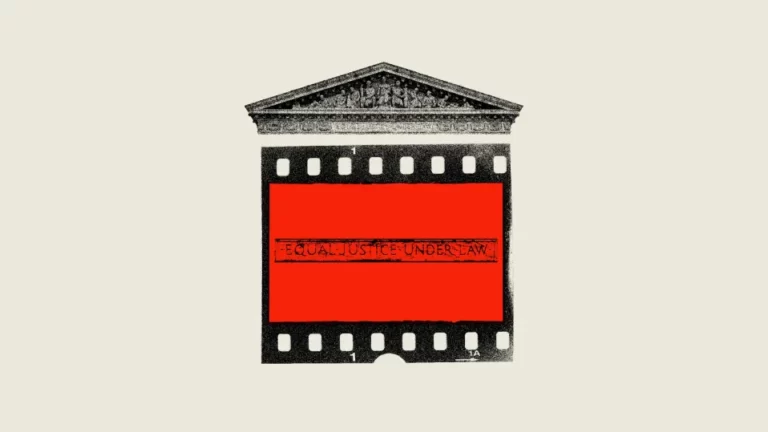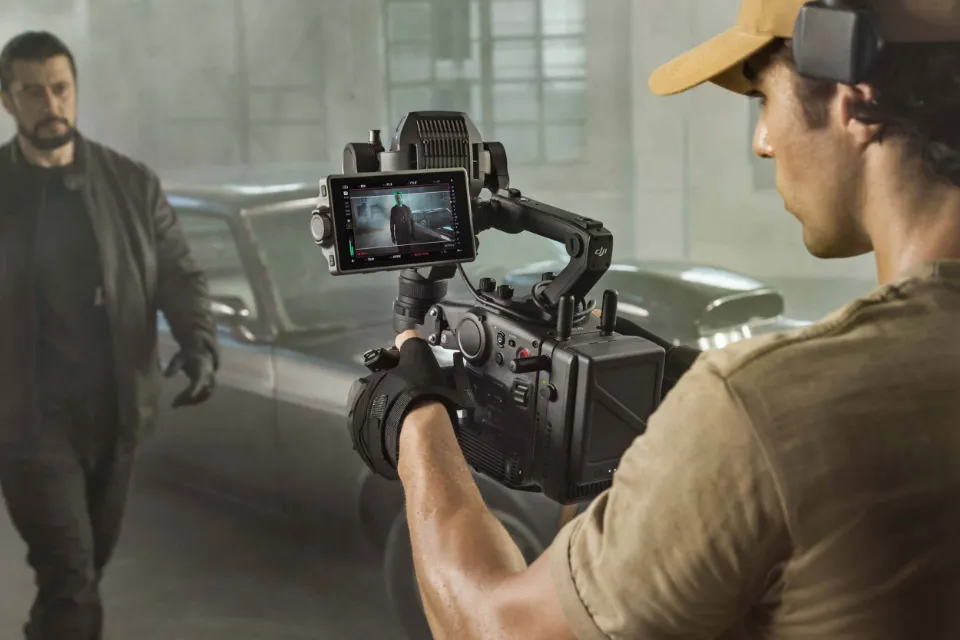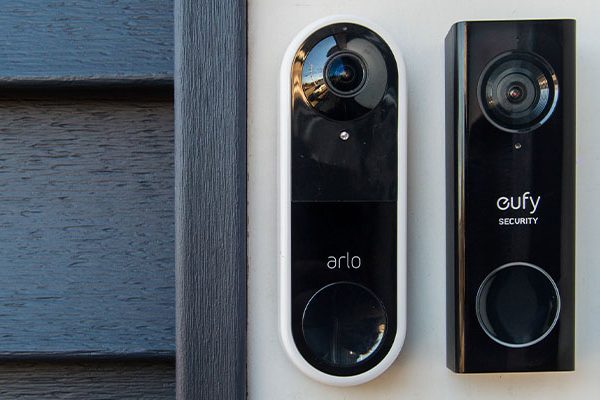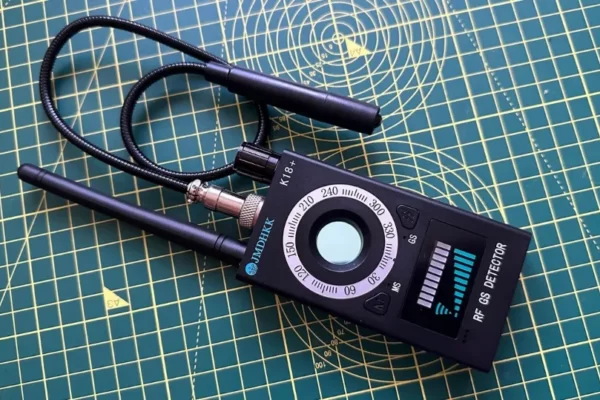Unlike his federal trials in Florida and Washington, D.C., the former president Donald Trump’s trial in Fulton County, Georgia, won’t be broadcast live or livestreamed. will not. That is as a result of the federal judiciary’s ban on cameras in courtrooms.
Chief Justice John Roberts, who is in charge of establishing rules for the federal courts as president of the Judicial Conference of the United States, is a supporter of that ban. In 2018, Roberts opined on the issue of how cameras could help educate people about what the court does, saying: “Education of people is not our responsibility.”
His former colleague Justice David Souter put it even more strongly when he testified before a House Appropriations Committee in 1996, saying, “the day you see a camera come into our courtroom, it’s going to roll over my dead body.” Souter retired in 2009, so he was spared having to deal with that dreadful potential scenario.
What, however, is the true cause of this phobia of cameras?
The justices may be experiencing a type of scopophobia, or the fear of being watched, which is not specifically listed in the Diagnostic and Statistical Manual of Mental Disorders, Fifth Edition (DSM-5), but which could be categorized under the diagnostic criteria for specific phobias, such as social anxiety disorder. I lack the training to make a clinical diagnosis, but it’s possible.
In 1906, a psychiatric journal described this condition as “a fear of being seen and a shamefacedness, which one sees in asylums—a morbid dread of being seen.”
In light of the fact that the justices have already offered a number of justifications for opposing the transparency that livestreaming and television would bring, it is highly unlikely that they would agree if we asked them whether this is the reason they are afraid of cameras.
The late Justice Antonin Scalia opposed cameras because he didn’t believe the media would report events accurately, but he probably also opposed them because he thought the average person wouldn’t understand the proceedings. A sentiment reflected in his remark that “the The 7-Eleven does not carry the University of Chicago Law Review.”
Read More: How to Put Film in a Camera?
Source: thedailybeast





